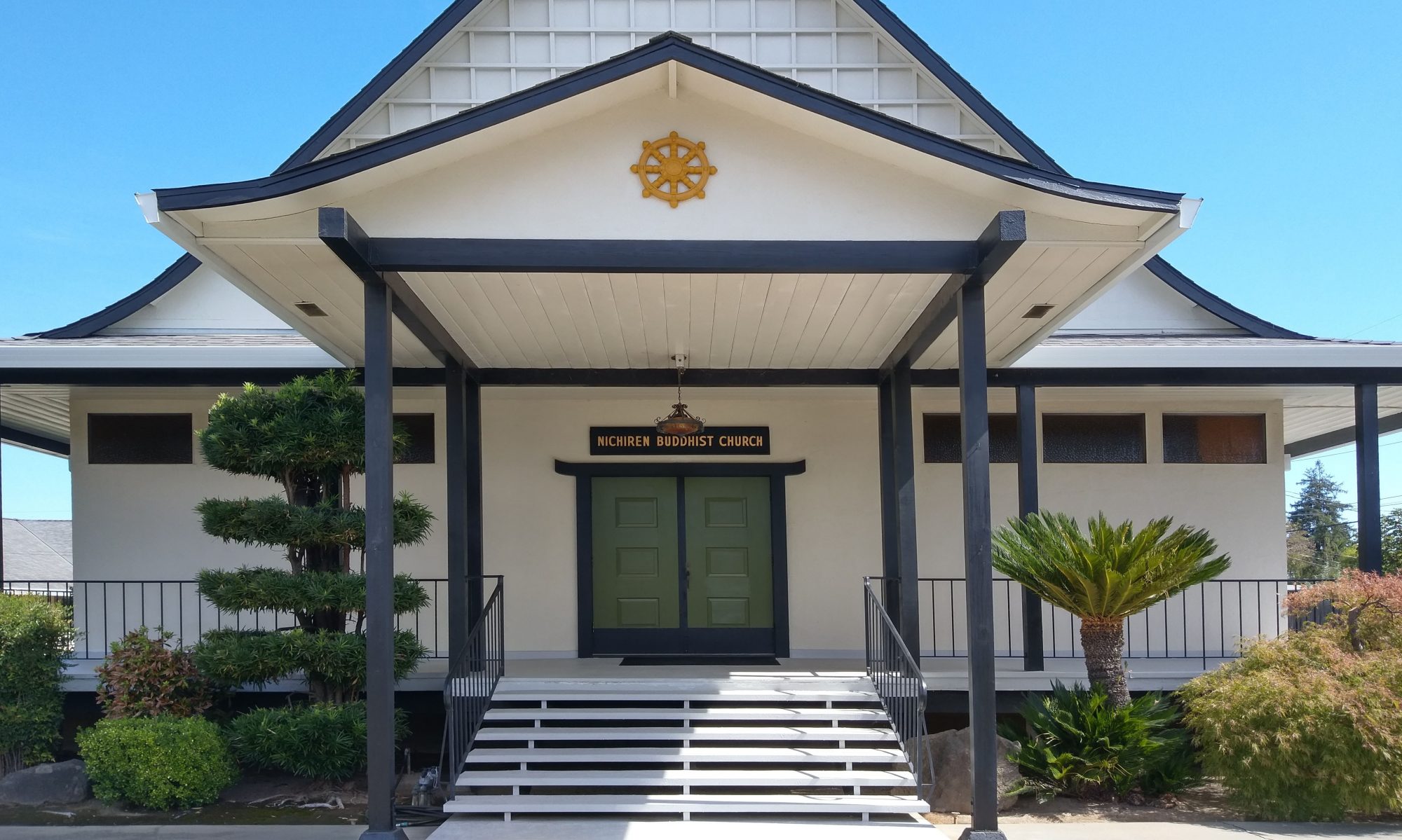As Buddhists, we observe several religious customs throughout the year, many of which involve praying for our ancestors. Most recently, we had the Obon (お盆) service in August, followed by the upcoming Ohigan (お彼岸) service in the fall. While there may be many meanings and reasons behind observing these Buddhist traditions, there are two that I would like to focus on in this article. They include (1) acknowledging life’s impermanence and most importantly, (2) reflecting on the importance of our Buddhist practice.
(1) Recognizing Life’s Transience
There are certain Buddhist customs, including those mentioned above, that remind me of the notion of shogyo mujo (諸行無常), or in English, “the impermanence of worldly things”. I first learned this concept in college when training to become a priest. We are made aware of this impermanence in our daily lives, ranging from daily tasks that we do (e.g. watering plants to prevent them from wilting) to happenings that we hear about from others that are beyond our control (e.g. the unexpected deaths we hear about on the news). However, it is often funerals and memorial services that amplify this notion of impermanence. They evoke a stronger sentiment because of our direct connection to the deceased. It also forces us to face and acknowledge that life on this earth, including our own, is transient.
Throughout my approximate 50-year career as a minister, I have always reflected on this notion of impermanence as a way to help me understand death as a sad, but unavoidable end to the course of one’s life. However, no matter how many funerals I have attended or conducted, it remains one of the most difficult tasks that I must do as a priest.
(2) The Importance of One’s Buddhist Practice
As previously mentioned, many Buddhist customs focus on expressing gratitude and remembering those that have passed. However, some people tend to focus too much on this idea. In fact, many spend little or no time understanding the significance that these traditions play in furthering a person’s Buddhist practice and faith.
Many of Nichiren Shonin’s writings include letters he wrote to his followers who expressed their individual concerns about reaching Enlightenment. As many of you know, in Buddhism we believe that the deceased goes on a 49-day journey after their death, where they will reflect on their lifetime of memories. They will be reminded of the most joyous moments of their life, as well as some of the difficult times. Nichiren Shonin knew of the hardships that one might face throughout this journey, as explained in a letter to one of his followers:
“I, Nichiren, am the world’s utmost devotee of the Lotus Sutra. If you pass away after me, remember that there are many trials that you must undergo (throughout your 49-day journey). Pass each trial by declaring in front of the judge that you are the follower of Nichiren, the world’s utmost devotee of the Lotus Sutra. When you must cross the fast ripples of the deep river, the Lotus Sutra will become your boat. When you must climb the treacherous mountains, it will become your vehicle. And when you must travel along a dark road, it will become that glimmer of light in the darkness. I, Nichiren, will promise to wait for you at the entrance to the Northeast gate to Enlightenment, so that you do not lose your way.”
Nichiren Shonin provides positive reassurance in his letter thus far. Yet his tone changes in the subsequent lines, informing the individual of consequences that could result from lack of Buddhist practice and faith. He continues:
“However, I must warn you of the importance of having faith (in the Lotus Sutra). An individual lacking piety should not expect to receive help upon claiming to be Nichiren’s follower. They will enter into the suffering world as quickly as the large rock that tumbles down the cliff, and the raindrops that fall from the sky and hit the earth.”
Nichiren Shonin’s statement directly relates to the teachings in Chapter 6 of the Lotus Sutra. It states that while everyone has the potential to become the Buddha, whether or not the individual achieves enlightenment depends on his or her level of commitment to practicing Buddhism. The hope is that they do not just rely on praying during services at the temple, but also make an effort to individually practice Buddhism in their daily lives.
Since an individual’s life is transient, we have a limited time (i.e. our individual lifespan) in which we can practice our faith in this world. I am hoping that many of you will try to incorporate both of these ideas as you continue to practice and find ways to deepen your faith in Buddhism.
Ven. Kenjo Igarashi
September 2017
